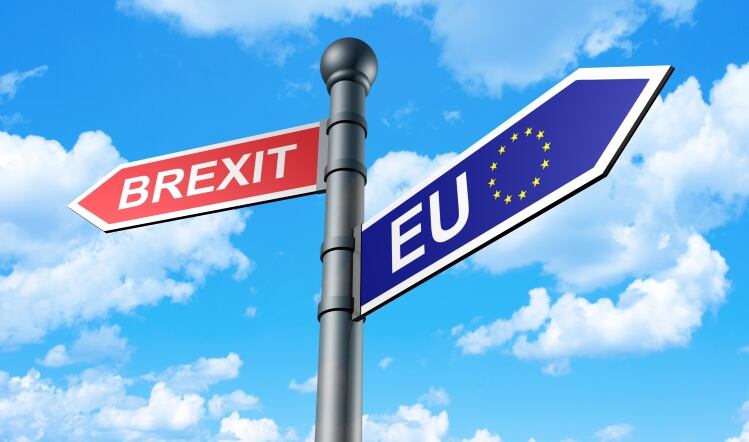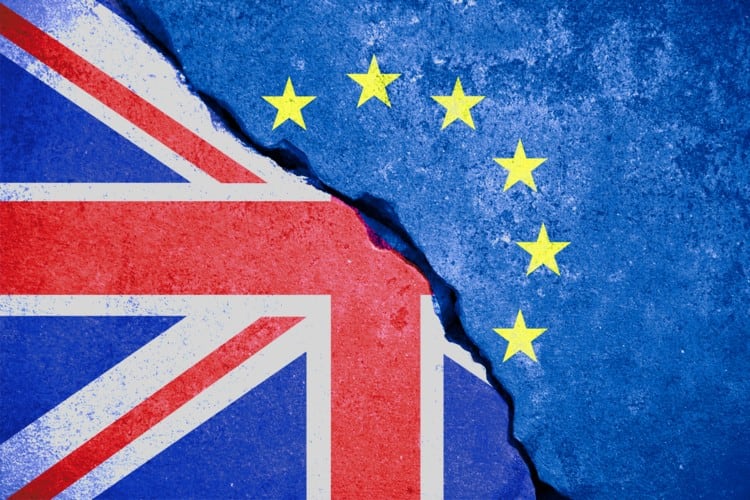The chancellor has made some bold claims about the economic benefits of England’s new freeports which he unveiled in his budget. Rishi Sunak said the creation of eight free trade areas, at ports and airports across the country, will boost manufacturing, job opportunities and investment in deprived areas.
Critics say the benefits of freeports – where a country’s normal tax and tariff rules don’t apply – are minimal and claim that organised criminals will be among the few to benefit.
Whether they lead to a post-Brexit economic boom remains to be seen, but these secure customs zones do offer potential benefits for certain food and drink manufacturers.
Should I move to a freeport?
Those likely to benefit the most from freeports will be manufacturing businesses with ambitious plans to export their products abroad. That’s because you can import raw ingredients into the port duty free, make the finished product there and export your goods without incurring any tariffs.
Manufacturers in freeports also benefit from simplified customs procedures, so there would be minimum red tape and checks to slow things down.
Taxes would only be paid if your goods leave the freeport and enter the UK’s domestic market. This means there are attractive cash-flow benefits for food and drink producers who can store their goods duty free.
Tariff inversion
If the duty on your finished goods is lower than that on the constituent ingredients, you could certainly benefit by importing raw materials duty free. This so-called tariff inversion in freeports means you would only pay tax on the final products and not the component parts.
So even if you don’t export your goods, you would be able sell them at a more competitive price on the UK domestic market. But as well as the obvious tax benefits, you should also consider the time and money your business would save by cutting out onerous customs checks and paperwork.
The current customs paperwork is likely to increase when the UK introduces checks on EU food imports. You may be able to avoid some of these additional licence certificates and forms in a freeport where such checks may not be required, or others may apply. However, these details have yet to be confirmed.
Of course, you would need to have the necessary manufacturing facilities within the freeport to produce your goods. The good news is that there are temporary tax breaks available to encourage manufacturers to move to a freeport. Companies based there will benefit from reduced VAT and zero business rates for five years, and you won’t have to pay stamp duty either.
The downsides of freeports
The secrecy and relative anonymity surrounding these mini tax havens can create a host of unwanted problems, however, such as money laundering and tax evasion – there’s no escaping the fact that import tariffs on goods will still need to be paid at some stage.
As a general policy tool, it is doubtful that freeports will lead to the sort of dramatic transformation that the government is hoping for. After all, we’re already a country with relatively low tariffs so perhaps the benefits have been oversold.
But they could help to transform the fortunes of UK food and drink manufacturers with ambitious global expansion plans following Brexit.




